Research activity on linked data and open big data. Linked data defines the presenting, sharing, and connecting of data, information and knowledge on the Semantic Web. Open big data is a set of data too large and complex to be processed with traditional data processing technics.
User interfaces allow us to interact with the web and access the information that it contains. Therefore, accessibility (ability to access) and usability (effectiveness, efficiency and satisfaction of the interaction) are crucial aspects in allowing universal access, including people with disabilities. Our research focuses on how to improve the user interaction with mobile and web interfaces, also designing and developing new accessible tools.
We focus on the research and the implementation of software for data harvesting from social media and the analysis and visualization of these data. In particular, we study algorithms for the automatic detection of emerging issues, the identification and extraction of significant increases of some parameters within the time sequence observed.
Digital Humanities is a field of research, teaching and creation joining computer sciences and the humanities. It embraces a variety of topics, from the care of on-line collections to the data mining of large cultural data sets. It currently includes material both digitized and created in digital form, combining the methodologies of traditional humanities with tools provided by informatics and digital publishing.
We focus on the studies of the visual representation of abstract data and the production of designs and implementations of the so-called visualizations, artifacts that acting as a visual cognitive support, help humans to make decisions, learn and communicate.
This research activity operates for the realization of web technologies, best practices and implementation of tools to overcome the linguistic and cultural barrier experienced by users who are not English speakers.
We work on the use of digital services provided by the government, with the aim of improving administrative procedures and enhancing governmental relationships with organizations, businesses and citizens.
The World Wide Web Consortium W3C (W3C-IT) develops and promotes technologies for the best interoperability in the World Wide Web, acting as a forum for information, communications and activities. The WAFI group contributes to the W3C Italian office activities.
The WAFI group teaches courses in the University of Pisa,
hosts students for stages and supervises graduation thesis and PhD thesis.
Our team currently consists of over 20 people with different backgrounds (degrees in Information Engineering, Information Sciences, Bioinformatics, Digital Humanities), with skills in research areas like open source intelligence (OSINT), construction and visualization of Linked Data, promotion of cultural heritage through the web, analysis of social media, techniques of extraction, manipulation and visualization of big data, improvement to eGovernment services for better QoS and interoperability, development of interfaces and applications allowing greater accessibility for users with disabilities.






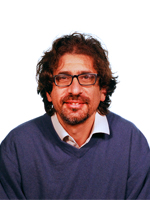
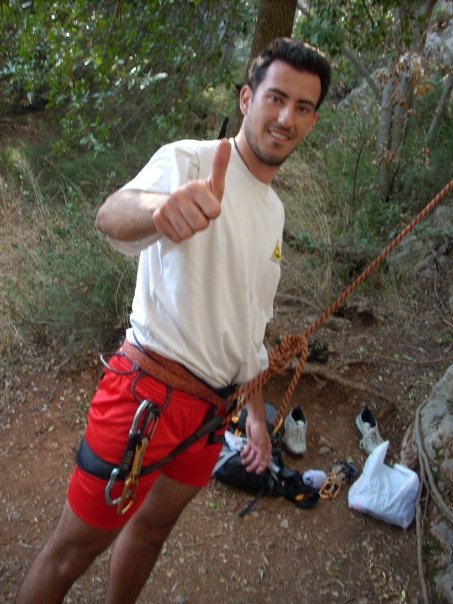




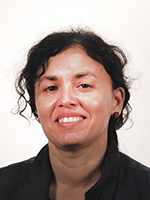





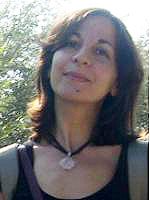
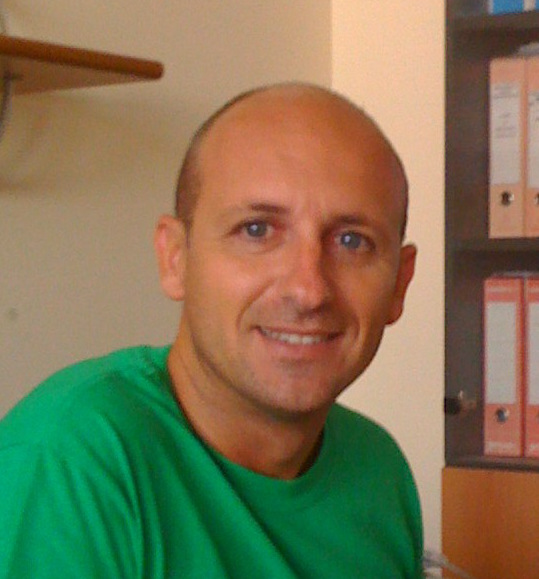

The WAFI research group has important collaborations with the Italian Parliament, governmental agencies,
regional and local administrations, universities all over the world, cultural institutions, Law Enforcement Agencies,
italian and foreign companies and many institutes of CNR.